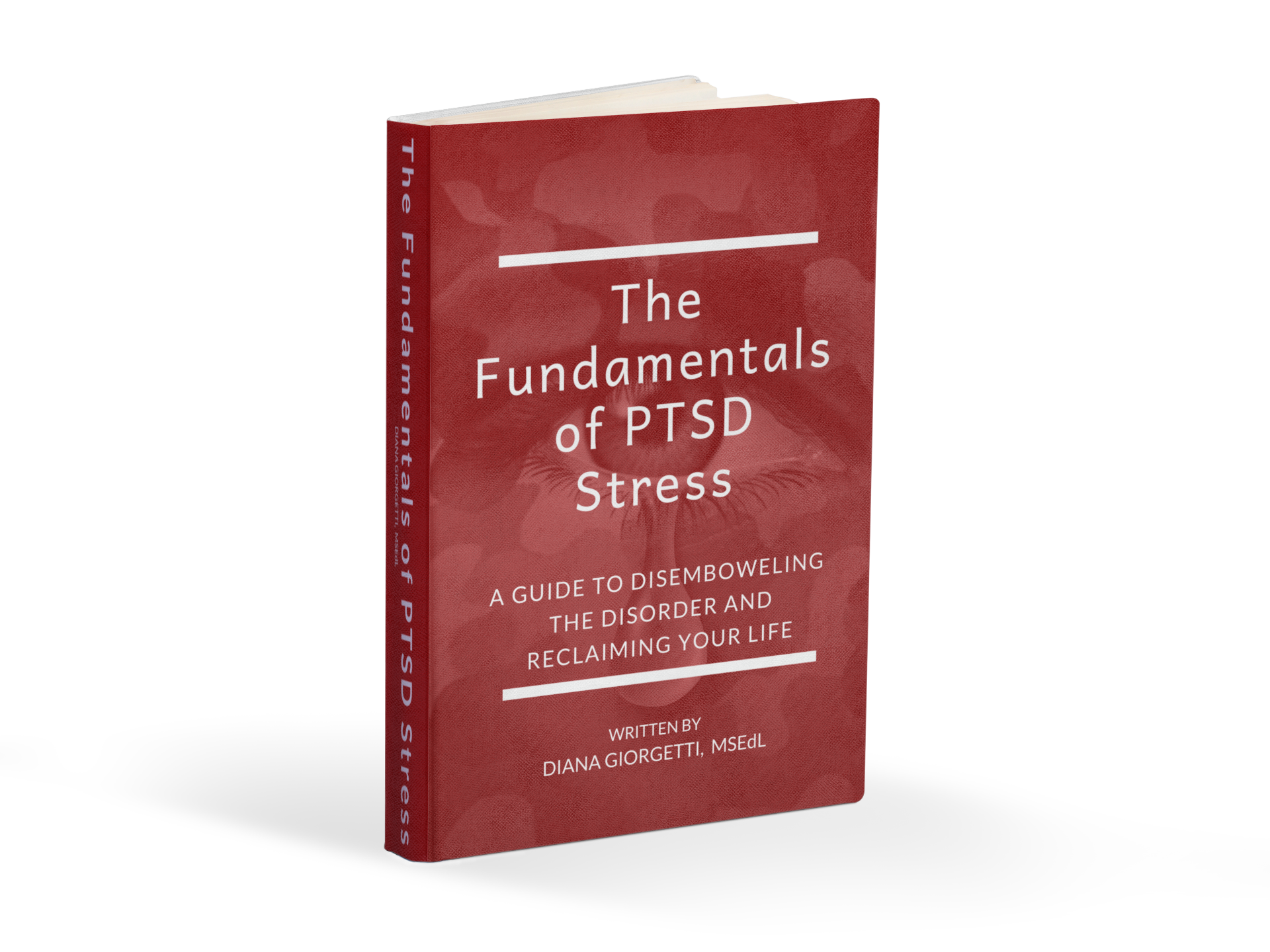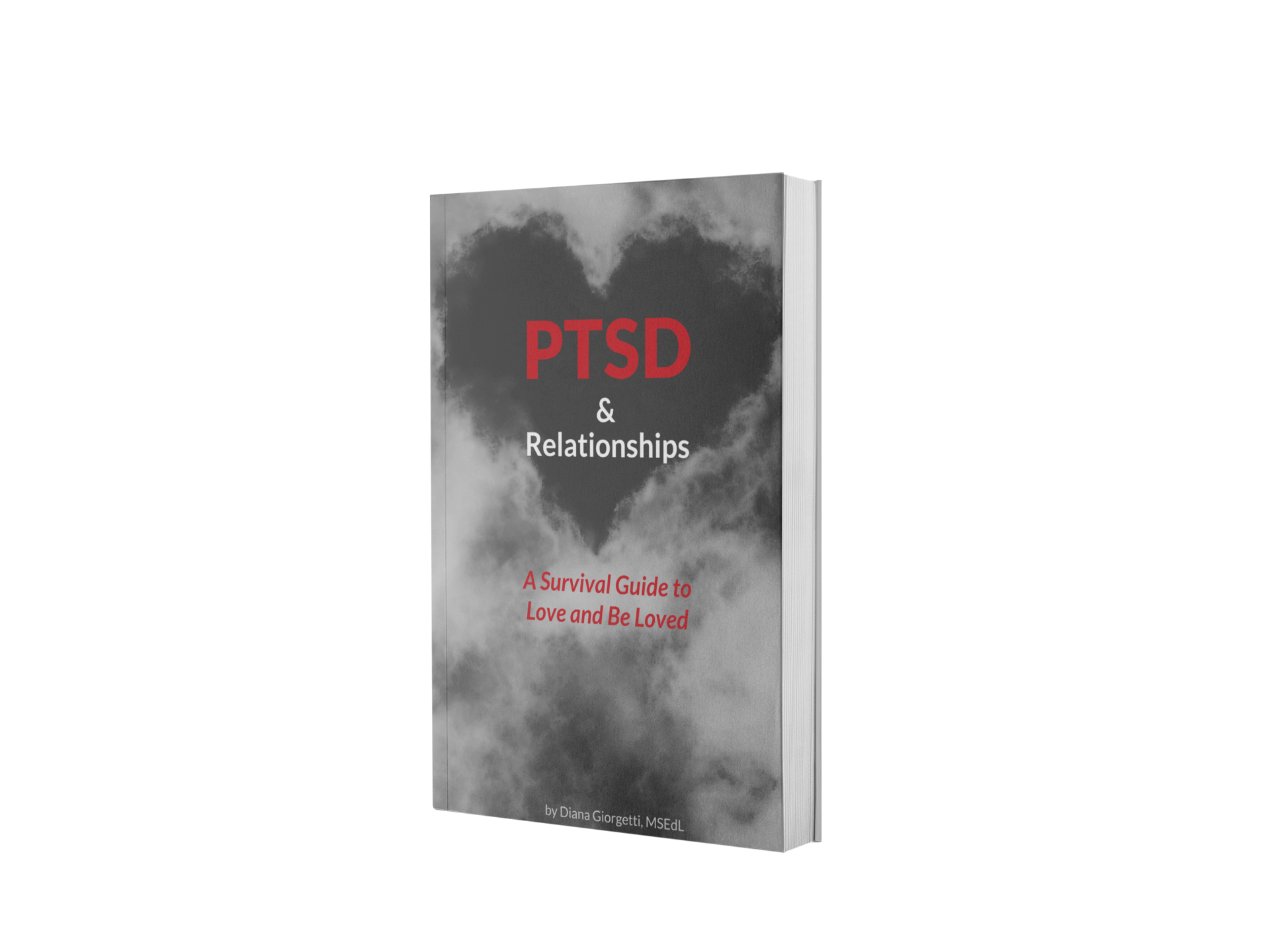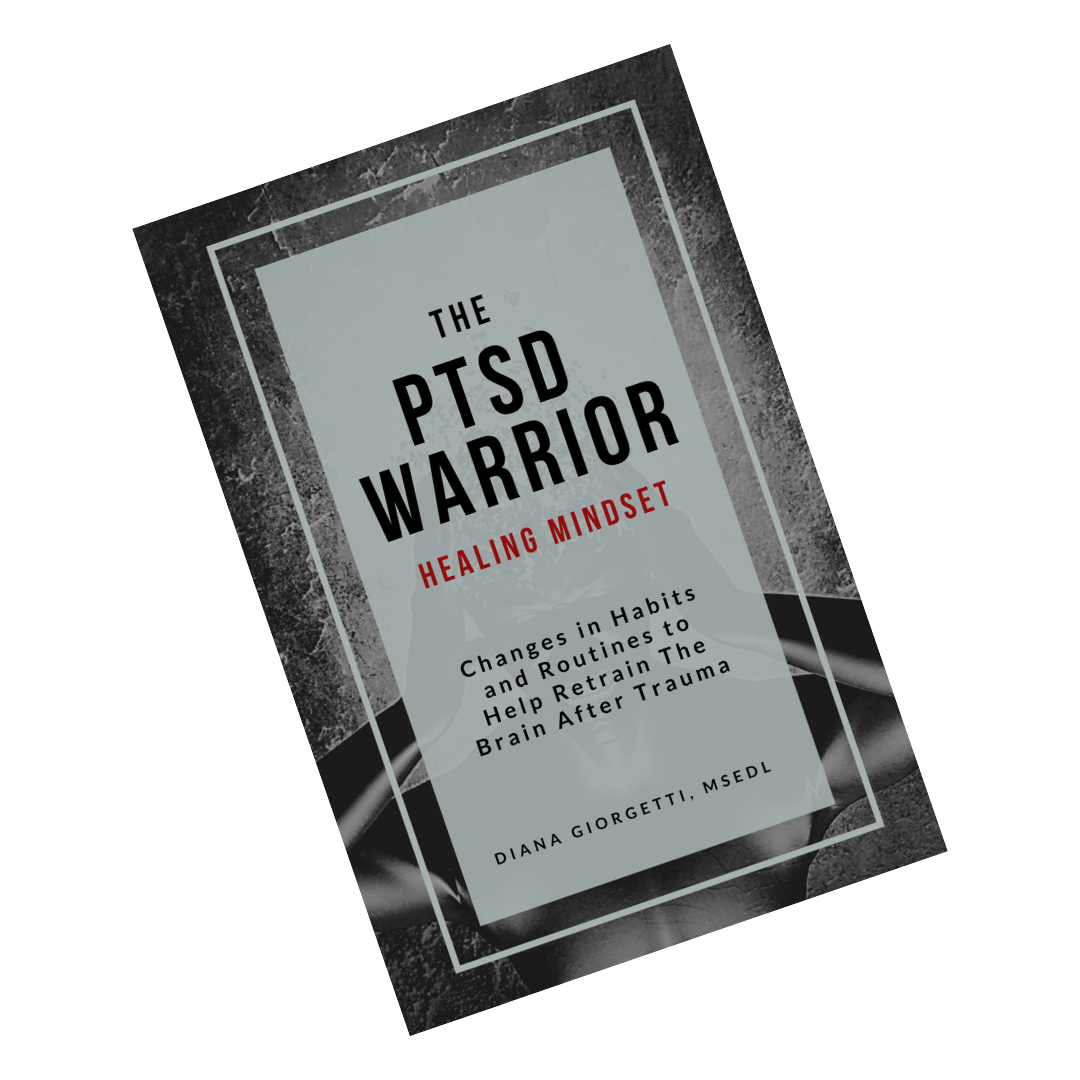Post-Traumatic Stress Disorder (PTSD)
SELF-HELP BOOKS

The Fundamentals of PTSD Stress
A Guide to Disemboweling the Disorder and Reclaiming Your Life


The PTSD Warrior Healing Mindset
Changes in Habits and Routines to Help Retrain the Brain After Trauma
OptimizePress Popup Overlay
OptimizePress Popup Overlay.
The Fundamentals of PTSD Stress. A guide to Disemboweling the Disorder and Reclaiming Your Life
This guide will give you information on components necessary to disembowel and conquer PTSD, retrain your brain, and take full control of your emotional, personal, and professional life. The information gathered here will give you a fundamental understanding of PTSD and how it can be conquered. By identifying and addressing the symptoms associated with the disorder and controlling stress levels to reduce anxiety, PTSD sufferers can retrain, regain, and reclaim their lives.While the internet is filled with vast amounts of information, not all of it is accurate, valid, or useful. Evaluating reliable sources of information to improve your quality of life can be a daunting task, especially if you don’t know what you are looking for.
The primary difference between people who are barely managing symptoms related to their PTSD diagnosis, narrowly getting by each day with the help of one or several biological medicines and [maybe] therapy, and those who heal permanently from the disorder is rooted in knowledge and control.
PTSD changes the brain’s chemistry, and the symptoms that develop make the person oversensitive and over-reactive to the world. While the world cannot be changed, anyone can change the way they react to the world, even if they are suffering with PTSD. It is particularly important for PTSD sufferers to counter this over-reactivity and lack of control. This can be achieved with a plan of action that includes crucial elements that will help you regain control of your life.
PTSD is not a one size fits all disorder. What works for some, doesn’t work for others. What works is a personalized system of tools, skills, mechanisms, and techniques you can use anywhere. These proper coping mechanisms to tackle the symptoms of PTSD are the only thing that will improve your quality of life and allow you to regain control of your brain, outside of therapy and medications, if that’s your goal.
OptimizePress Popup Overlay
OptimizePress Popup Overlay.
PTSD & Relationships. A Guide to Love and Be Loved
This guide will give you information on the intricacies of having a relationship that is impacted by PTSD. Anyone with PTSD can learn to retrain their brain, and take full control their life. The information gathered here and in other self-help materials can give you a fundamental understanding of PTSD and how it can be conquered. By identifying and addressing the symptoms associated with the disorder and controlling stress levels to reduce anxiety, PTSD sufferers can retrain, regain, and reclaim their lives.While the internet is filled with vast amounts of information, not all of it is accurate, valid, or useful. Evaluating reliable sources of information to improve your quality of life can be a daunting task, especially if you don’t know what you are looking for.
The primary difference between people who are barely managing symptoms related to their PTSD diagnosis, narrowly getting by each day with the help of one or several biological medicines and [maybe] therapy, and those who heal permanently from the disorder is rooted in knowledge and control.
PTSD changes the brain’s chemistry, and the symptoms that develop make the person oversensitive and overreactive to the world. While the world cannot be changed, anyone can change the way they react to the world, even if they are suffering with PTSD. It is particularly important for PTSD sufferers to counter this over-reactivity and lack of control. This can be achieved with a plan of action that includes crucial elements that will help you regain control of your life.
PTSD is not a one size fits all disorder. What works for some, doesn’t work for others. What works is a personalized system of tools, skills, mechanisms, and techniques you can use anywhere. These proper coping mechanisms to tackle the symptoms of PTSD are the only thing that will improve your quality of life and allow you to regain control of your brain, outside of therapy and medications, if that’s your goal.
OptimizePress Popup Overlay
OptimizePress Popup Overlay.
The PTSD Warrior Healing Mindset. Changes in Habits and Routines to Help Retrain the Brain After Trauma
To everyone battling the monster of PTSD, this is your time to break free and reclaim your life! The only way to beat PTSD is to change your perception about it. Reading this book and thinking about healing in a creative way is a great start! You must first change your mindset around the topic of PTSD. When you see healing progress, don’t be scared of it and don’t stop there.
You should treat PTSD and the accompanying symptoms like a great friend. Be comfortable around it, talk openly and honestly about it, and allow it to flow in and out of your life. If you look at PTSD like it’s the enemy, then it will only show up that way in your life and you will always resist change and affect progress.
Think about it differently, open your mind to it, and allow it to flow in so that it can flow out without affecting you. So many people with PTSD say they want to have regular days, or they are frustrated they don’t have enough of them, but do you actually know how much you want to heal? Most people say they just want “to heal.” They don’t say “I want to stop being hypervigilant within a month.”
You must be specific with how much you want to progress and by when if you want to set yourself up to win. You’re going to start to measure and get very clear on your Healing Mindset. The primary difference between people who are barely managing symptoms related to their PTSD diagnosis, narrowly getting by each day with the help of one or several biological medicines and [maybe] therapy, and those who heal permanently from the disorder is rooted in knowledge and control.
PTSD changes the brain’s chemistry, and the symptoms that develop make the person oversensitive and over-reactive to the world. While the world cannot be changed, anyone can change the way they react to the world, even if they are suffering with PTSD. It is particularly important for PTSD sufferers to counter this over-reactivity and lack of control. This can be achieved with a plan of action that includes crucial elements that will help you regain control of your life.
